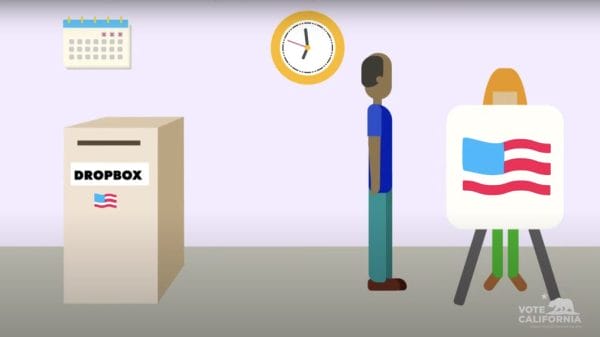So, this year has been pretty… different.
We began 2020 with high expectations and ended with poor results. Many civilians have been burdened by bleak months, and many others anticipate 2021 to break the year’s curse.
After hard times like these, it is natural to consider the future. That being said, fantasizing over the new year may not be the brightest idea.
The Impact Bias
Humanity’s relationship with the future is often existential. On average, people think about the future to find a sense of purpose. These kinds of thoughts can help a person define their long-term goals while having hopes and dreams can provide meaning to a person’s life.
According to psychologists Daniel Gilbert and Timothy Wilson:
“The futures people dream up in the now elicit emotional reactions that help inform their decision-making.”
In good cases, this kind of mindset can stimulate people to be more productive and accomplish their dreams and aspirations.
For example, consider new year resolutions. As people look back on the past, they create future goals in order to improve themselves in the long-run.
However, in bad cases, thinking like this can result in harmful disappointments–and we all know how most new year resolutions end.
Cue: the Impact Bias. An impact bias refers to a person’s tendency to overestimate the length or intensity of one’s feelings in the future. For example, if a person wins the lottery, they think they will be happy forever; if a person breaks a relationship, they think they will be sad forever.
According to Wilson, the issue stands that people get used to things pretty quickly. We overestimate the future until, once we reach it, it eventually loses its spark.
Fortune-Telling
Other times, people consider the future to predict foreseeable problems. In certain cases, doing this can help us assess our safety. For example, we put our seatbelts on in case of an accident; we put on our masks in case we encounter any sick people.
Yet, foresight can also be toxic once it consumes us with worry. In a worst-case scenario, this kind of thinking can be counterproductive once it impedes a person from preparing for the future.
Psychologist Gregory Scott Brown explains people rehearse imaginary scenarios because it is their way of trying to exercise control with their lives.
However, as Brown and other psychiatrists coincide, fortune-telling is not a helpful coping mechanism. Rather, it is “a negatively skewed way of thinking that isn’t based in reality,” but instead imaginary fears and “what if’s.”
Think About Today, Not Tomorrow
Rather than anticipate the future, Brown and clinical psychologist Ryan Howes advise people to redirect their attention to “external causes and concrete steps.” In other words, anyone can change the future as long as they focus on how to take action during the present.
Sahar Motakef, a postdoctoral fellow with CBT Los Angeles, says:
“When you’re not focused on the future and you’re able to think about the present more, that’s when you go more into problem-solving and solution-focused thinking rather than the anxious thinking that doesn’t end up serving you.”
Rather than worry about how one’s life will be like tomorrow, one should instead think about what they’re doing right now and what they’re going to do today.
As for things outside of one’s personal life, likewise, one should consider what they should do in the present to plant the seed towards the future they hope to reach. For example, contact a local congressperson, volunteer at a mutual aid organization, or help a friend in need.
Worrying can be a tempting habit, and it can be hard to ignore once one falls into its cruel clutches. Instead of drowning in an ocean of worries for an entire day, consider scheduling a daily “worry-hour” instead.
As cheesy as it sounds, there is a light at the end of the tunnel. In a vast and ever-changing future, just know that in it there will be good too. So, think about the now and take care of your mental health. Stop stressing about the future, you’re doing it wrong.














